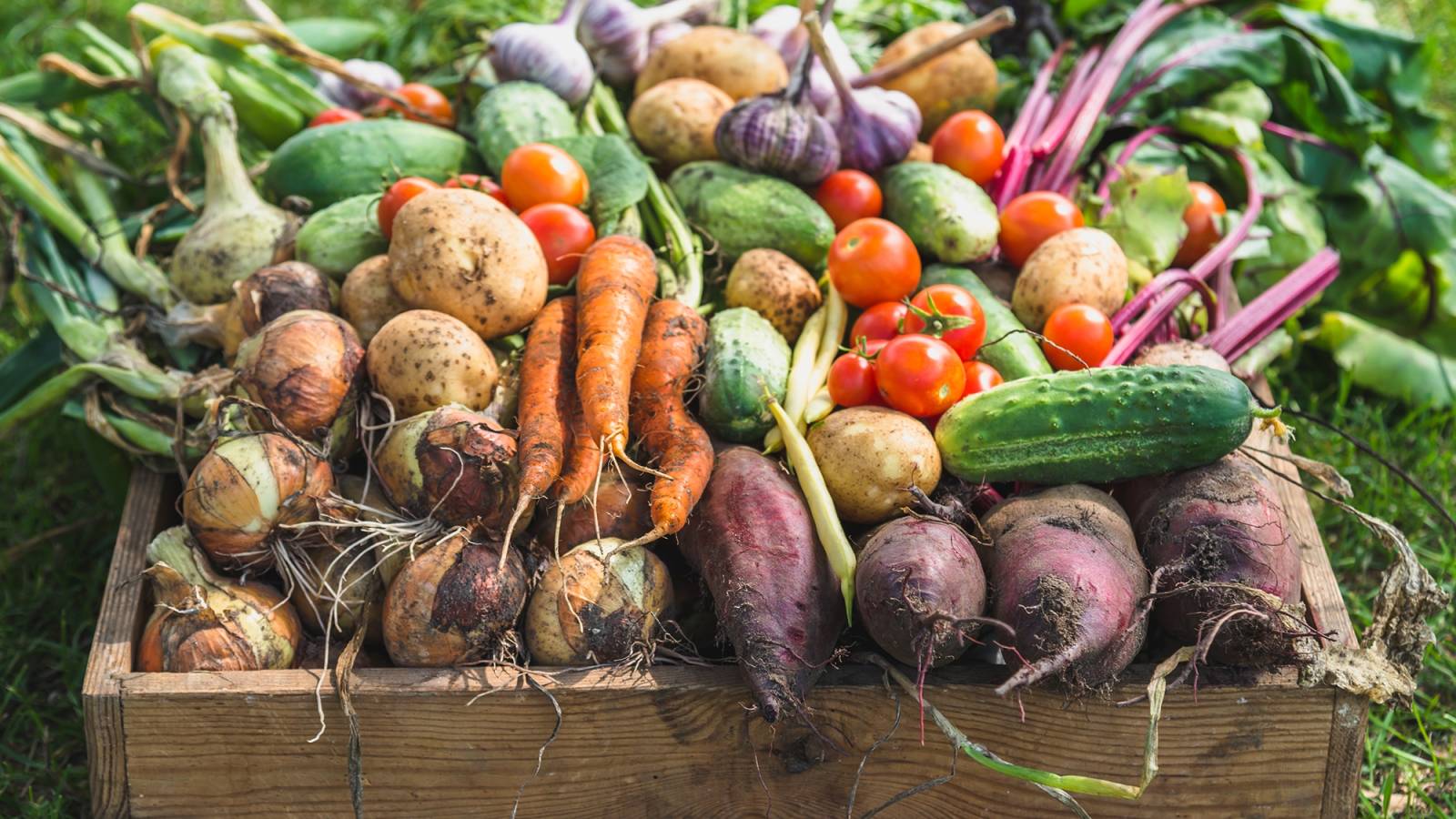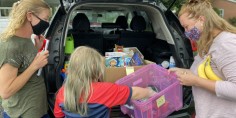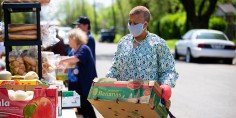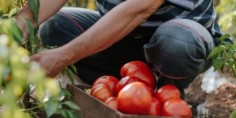Thinking Local
North Carolina is a leading agricultural state, but the number of farms has steadily declined. According to the Conservation Trust for North Carolina, the state lost 1,000 farms — and 100,000 acres of farmland –— from 2010 to 2011. More than 600,000 acres were lost between 2002 and 2007.
At the same time, emergency pantries and food banks became busier than ever. One recent study showed that more than 27 percent of children in North Carolina — and 18 percent of the overall population — could be thought of as “food insecure,” meaning they lack consistent access to food.
Come to the Table conferences are at the intersection of those two challenges, Hyatt says.
“We don’t claim to have these problems figured out,” she says, “but we get to see many examples of what people are trying and what’s working.”
Working Together
The Rural Advancement Foundation International — known as RAFI — and the North Carolina Council of Churches work together to organize the Come to the Table events. With sessions on farm-to-school programs, youth involvement, regional agriculture, farmworker advocacy and congregational food ministries, participants learn about model projects and ideas for local collaboration.
Hundreds of people attend the conferences across the state each time they are held.
The gatherings “speak to the heart, mind and hands of people of faith,” said one participant. They inspire people to be “part of the front-row connection between faith and food.”
“When we bring lots of folks together with lots of expertise and experience, they can learn from one another, they can share with one another, and they can just draw energy from one another,” Richardson-Frick says. “Then we all go back into our respective communities and do better together than we can do alone. That’s what the conference is all about.”
Hyatt agrees. “Our hope out of each conference is that folks see the role they can play in this movement,” she says, “and they leave with greater inspiration for the work ahead.”









